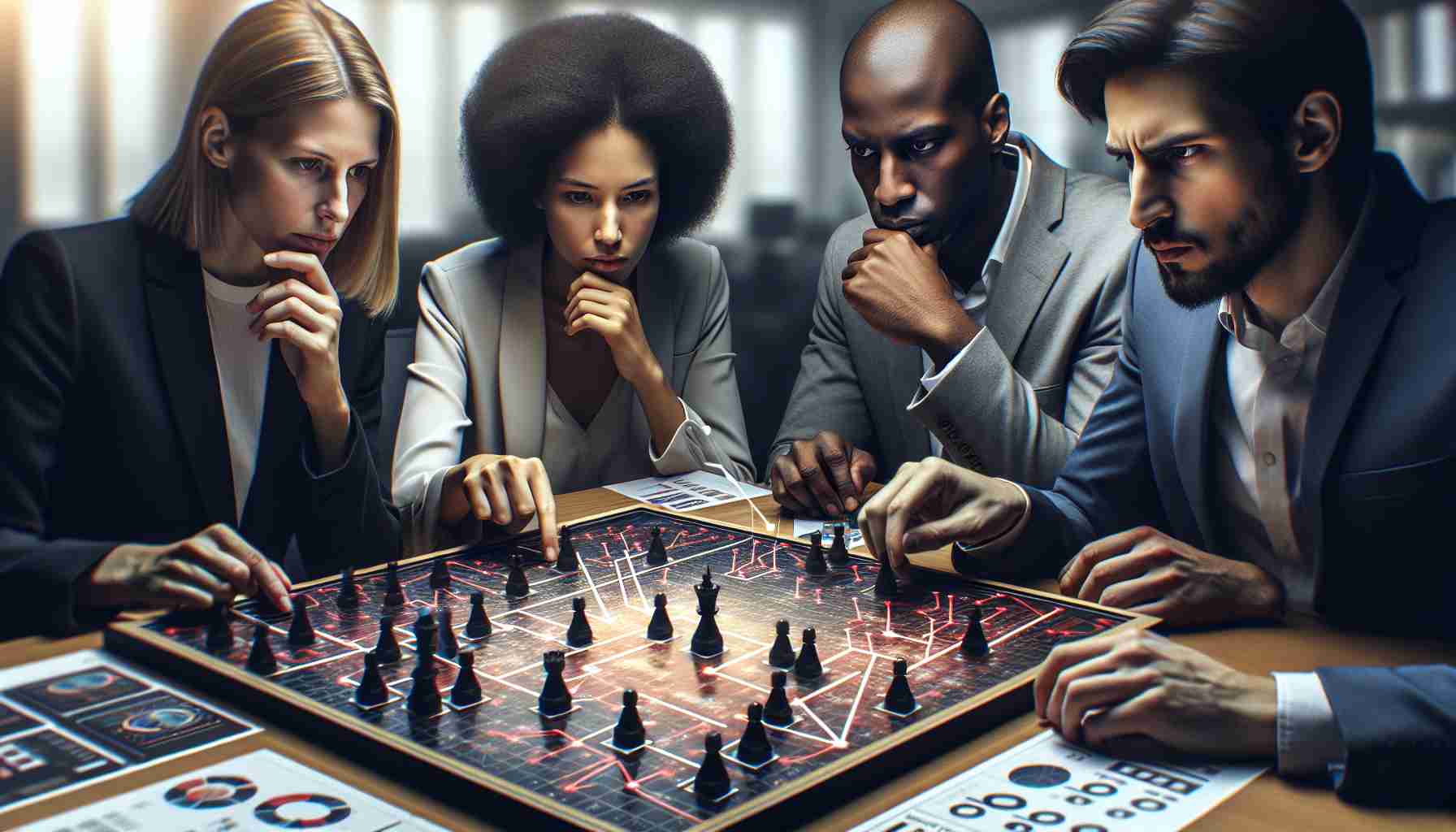

Reinforcement learning is a powerful technique that can be used to optimize the computer AI in turn-based strategy games. Inspired by AlphaZero's Gomoku AI, developers are exploring the application of reinforcement learning to other turn-based strategy games. These games typically involve a 2D grid map where characters occupy different positions and take turns using various actions.
The input design of games like Gomoku and AlphaGo is particularly interesting. Input neural networks are divided into slices that include information such as the positions of pieces, who goes first, and the positions of recent moves. In two-player games, the positions of both sides are input separately, along with the first and second moves.
One approach discussed by the author of the article is representing non-player characters using combat power, which can be predicted through numerical values. However, this approach requires fitting and compressing high dimensions into one dimension to optimize combat power based on the perspectives of different non-player characters [889b77ce].
Human strategists are still capable of finding weaknesses in AI through unorthodox strategies in board games like chess and Go. Examples include an American chess player leveraging a tactical gambit to provoke a mistake from a top-tier chess AI and a researcher using a unique strategy to overpower the highest-rated Go AI. AI vulnerabilities in board games reveal potential vulnerabilities in other fields like cybersecurity and finance. Challenges include the debate on AI's understanding of games and the need for robust AI systems. Advantages of AI in board games include processing a large number of positions and scenarios, while disadvantages include the lack of contextual understanding and vulnerability to unorthodox strategies.